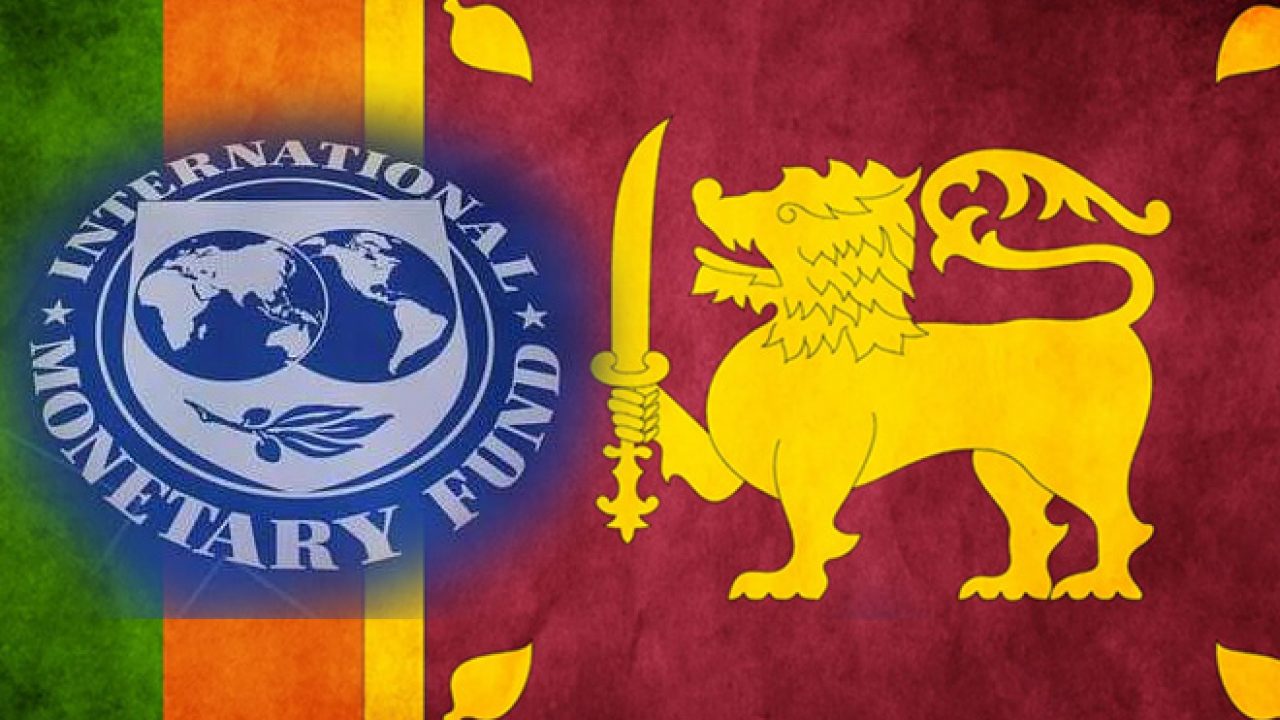An International Monetary Fund (IMF) mission led by Peter Breuer and Masahiro Nozaki visited Colombo from August 24 to September 1, 2022, to continue discussions on IMF support for Sri Lanka and the authorities’ comprehensive economic reform program.
“The Sri Lankan authorities and the IMF team have reached staff-level agreement to support the authorities’ economic adjustment and reform policies with a new 48-month Extended Fund Facility (EFF) with a requested access of about SDR 2.2 billion (equivalent to US$2.9 billion),” At the end of the mission, Breuer and Nozaki in a statement announced.
The new EFF arrangement is aimed to support Sri Lanka’s program to restore macroeconomic stability and debt sustainability while safeguarding financial stability, reducing corruption vulnerabilities, and unlocking Sri Lanka’s growth potential.
However, the agreement is subject to the approval by IMF management and the Executive Board in the period ahead, contingent on the implementation by the authorities of prior actions, and on receiving financing assurances from Sri Lanka’s official creditors and making a good faith effort to reach a collaborative agreement with private creditors.
The CBSL is optimistic on obtaining financing assurances from Sri Lanka’s official creditors and commercial creditors by December in order to secure the IMF Executive Board’s approval for the bailout package.
“Debt relief from Sri Lanka’s creditors and additional financing from multilateral partners will be required to help ensure debt sustainability and close financing gaps,” IMF noted.
Sri Lanka has been facing an acute crisis. Vulnerabilities have grown owing to inadequate external buffers and an unsustainable public debt dynamic. The April debt moratorium led to Sri Lanka defaulting on its external obligations, and a critically low level of foreign reserves has hampered the import of essential goods, including fuel, further impeding economic activity. The economy is expected to contract by 8.7 percent in 2022 and inflation recently exceeded 60 percent. The impact has been disproportionately borne by the poor and vulnerable.
Against this backdrop, the IMF Program would aim to stabilize the economy, protect the livelihoods of the Sri Lankan people, prepare the ground for economic recovery and promote sustainable and inclusive growth.
Key elements of the program are:
- Raising fiscal revenue to support fiscal consolidation. Starting from one of the lowest revenue levels in the world, the program will implement major tax reforms. These reforms include making the personal income tax more progressive and broadening the tax base for corporate income tax and VAT. The program aims to reach a primary surplus of 2.3 percent of GDP by 2025.
- Introducing cost-recovery-based pricing for fuel and electricity to minimize fiscal risks arising from state-owned enterprises. The team welcomed the authorities’ already announced substantial revenue measures and energy pricing reforms;
- Mitigating the impact of the current crisis on the poor and vulnerable by raising social spending, and improving the coverage and targeting of social safety net programs;
- Restoring price stability through data-driven monetary policy action, fiscal consolidation, phasing out monetary financing, and stronger central bank autonomy that allow pursuing flexible inflation targeting regime. A new Central Bank Act is a cornerstone of this strategy;
- Rebuilding foreign reserves through restoring a market-determined and flexible exchange rate, supported by the comprehensive policy package under the program;
- Safeguarding financial stability by ensuring a healthy and adequately capitalized banking system, and by upgrading financial sector safety nets and regulatory standards with a revised Banking Act; and
- Reducing corruption vulnerabilities through improving fiscal transparency and public financial management, introducing a stronger anti-corruption legal framework, and conducting an in-depth governance diagnostic, supported by IMF technical assistance.

